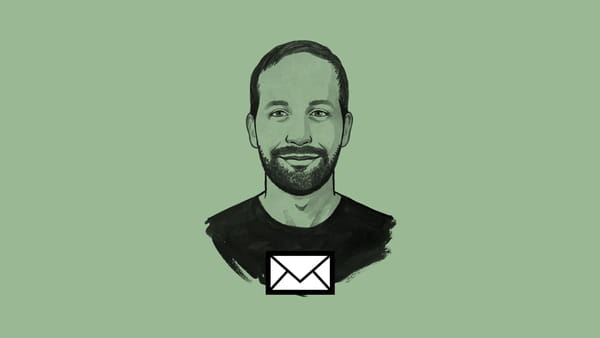Hi,
Today, Thursday, is Thanksgiving in the United States. It’s probably our most colonialist holiday. For those that don’t know the traditional story, it’s basically: White people came to this continent 400 years ago, we had no idea WTF we were doing so we exploited Indigenous wisdom to survive, and then we all had a nice dinner together after harvest season before the brutal New England winter set in. But almost none of that is true.
That story stops short of what actually happened over the next four centuries: Violent expansion of white settlements across the continent, war, genocide, slavery, the industrial revolution, suburbia, and climate change. Each of those acts made our country “stronger” and gave us more things to be “thankful for”, but also led to massive inequality and injustice for Indigenous people that continues to the present day.
It’s not possible to talk about Thanksgiving without including all the people who were harmed along the way in the creation of our modern-day lives.
That forcible transaction – Europeans’ arrival in the Americas – set in place a substantial chunk of western hegemony as we know it today: US culture, values and economic and political and military might dominate much of the planet. The outcome – or some version of all this – is what Americans typically give thanks for when we sit down to our dinners today.
We are thankful for the long-distance travel that brought us together. We are thankful for the food that others raised for us. We are thankful for our warm homes and safe streets. We mostly find ways to put ourselves centre-stage in this picture at such moments, because it’s impolite to bring up inequality when you’re gathered around family wearing holiday sweaters. We look away from those who have less because of the system we’ve created, by design.
A path to better Thanksgiving
As we are still only beginning to grasp, the systemic violence of that system has battered and pillaged the planet on which we depend. The modern environmental movement shares our racist history.
In this era of rapid planetary change, now is surely the right moment to ask: What would a real Thanksgiving look like? What would the world look like that we could all be proud of, that we could all be thankful for? Sure enough – and thanks to initiatives like the Green New Deal – we’re starting the kinds of conversations that might get us to an answer.
A culture of gratitude means meeting other people where they are, as they are. It means doing the difficult work of repairing the relationships that we’ve broken, which in turn means believing that every single person and every single species is worth it. It means allowing others to claim the centre-stage in their own stories and histories; honouring everyone’s contributions to our shared, global society; recognising that everyone has a right not only to survive, but to thrive.
My hope is someday, not too long from now, we’ll be able to look back on the 2020s and see it as a time of great reckoning on a global scale. The practical implication is that none of us – person, company or state – should attempt to take more than a fair share from the Earth. No more than our planet can sustain. Because the science that underlies this climate emergency tells us absolutely that this must be the case: that we cannot separate ourselves and our fate from this planet that gave us life.
And that will be something we could truly be thankful for.
P.S. If you have a few extra minutes this week, you should definitely check out the brand new podcast called Hot Take from two of my favourite climate writers, Amy Westervelt and Mary Annaise Heglar. It’s entirely devoted to how we can change the way we talk about the climate emergency, to be more inclusive and build the better world we all deserve.
 Would you like to receive my newsletter straight to your inbox?
Follow my weekly newsletter for an insight into the work, thoughts and ideas that go into being a Climate correspondent.
Would you like to receive my newsletter straight to your inbox?
Follow my weekly newsletter for an insight into the work, thoughts and ideas that go into being a Climate correspondent.

